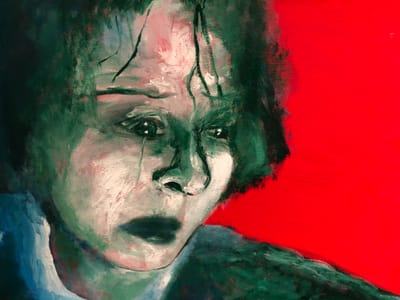Articles #Camus Fanon Post-colonialism Revolution Algeria African philosophy
Camus recognised the pitfalls of anti-colonial violence more accurately than Fanon, as were his predictions of what would come to pass if the revolution succeeded. Still, he naively and stubbornly hoped in vain that France could reform itself. On the other hand, Fanon held onto the illusory image of the glorious mujahidin until his untimely death in 1961, only a few months before the end of the war. He argues at length about the potential risks of anti-colonial struggles but fails to see how the new despots emerge not, as he argued, from the self-serving mediocre indigenous bourgeoisie that benefited from colonialism but from the ranks of the Front de libération nationale (FLN) after the more democratic wing of the movement had been silenced by both French and FLN murderousness and most especially after the murder of Fanon’s friend, Abane Ramdane, in 1957. Continuing the End Times series, Richard Marshall interviews Pedro Tabensky
Read More